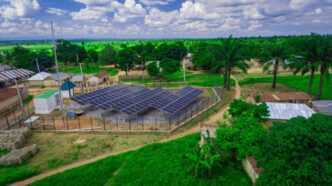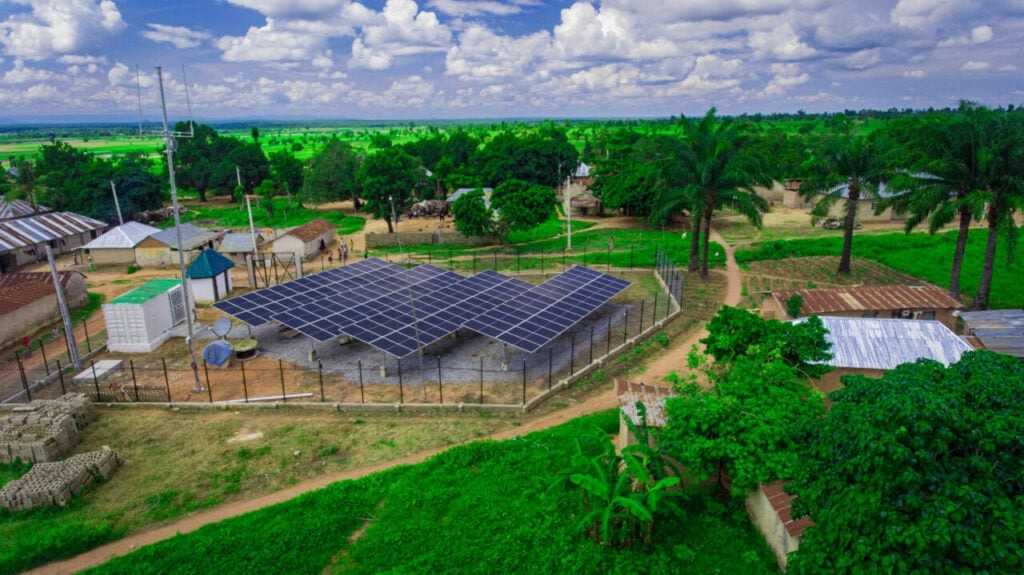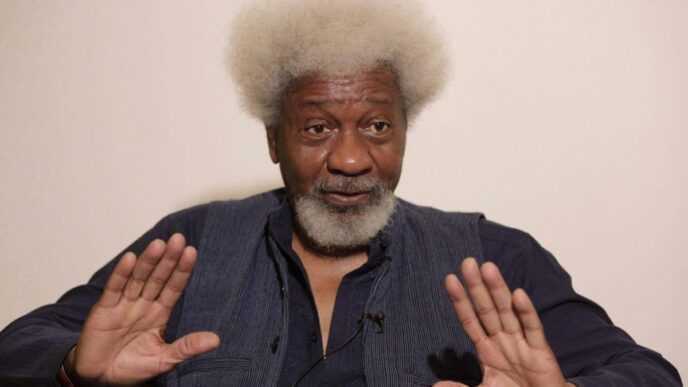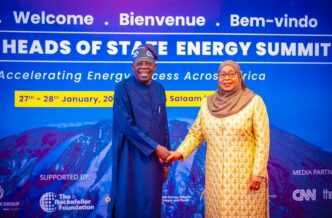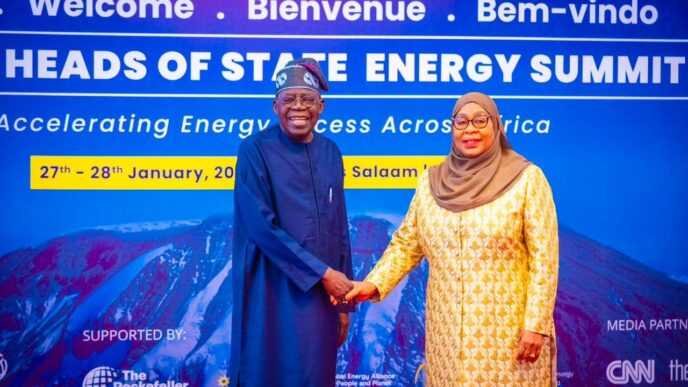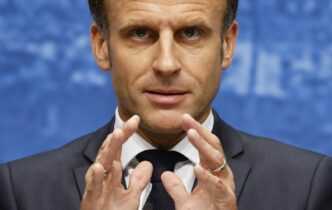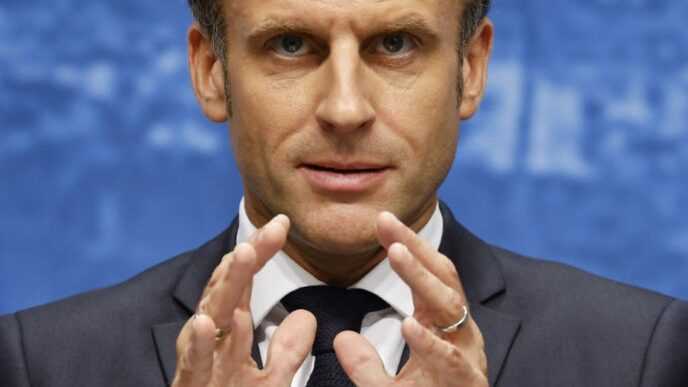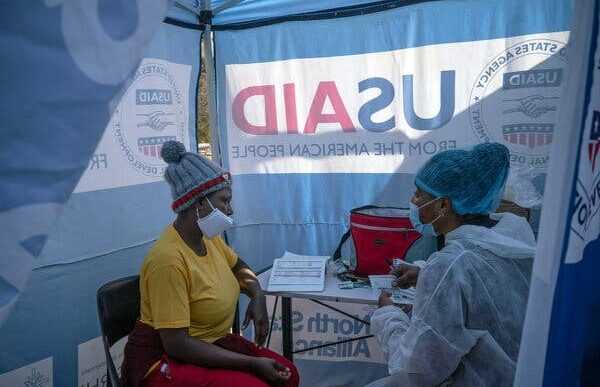African nations are taking bold steps to tackle energy poverty, aiming to electrify 300 million homes by 2030. With over 600 million people across the continent currently lacking access to reliable electricity, this initiative represents a transformative leap toward energy inclusion and sustainable development.
The strategy prioritizes renewable energy sources, such as solar and wind, while integrating innovative off-grid and mini-grid systems to reach remote communities. This approach not only addresses infrastructural challenges but also aligns with global sustainability goals by reducing carbon emissions.
Key stakeholders, including African governments, international organizations, and private sector partners, are pooling resources and expertise to execute this ambitious plan. The initiative is expected to enhance economic productivity, improve healthcare and education access, and uplift the quality of life for millions.
Interesting Read; Wole Soyinka Receives Lifetime Achievement Award at Sharjah Festival of African Literature
Additionally, financial support from global institutions, coupled with policy reforms at the national level, aims to ensure equitable access to energy while attracting investments in clean energy projects.
If successful, this electrification drive could significantly boost Africa’s economic growth, solidify its position in the global green energy transition, and serve as a model for sustainable energy development worldwide.
Read Also; TikTok Star Khaby Lame Appointed as UNICEF Goodwill Ambassador
